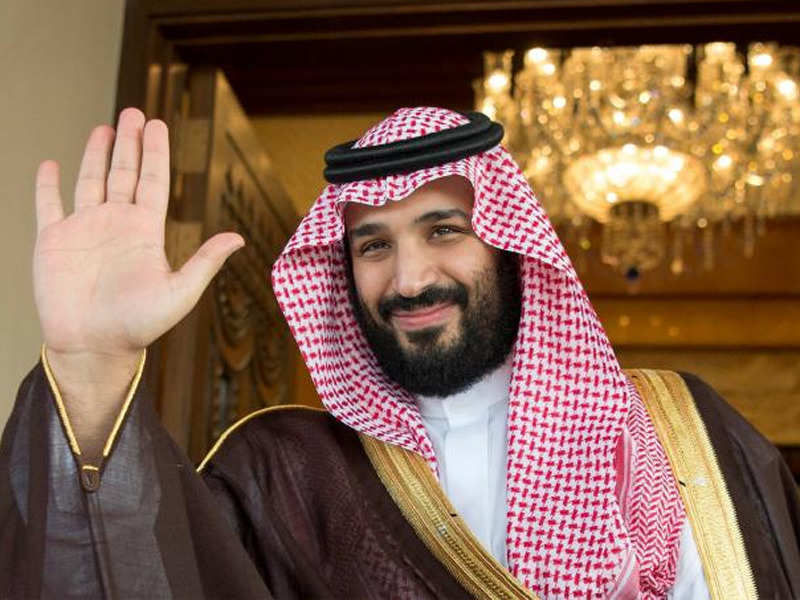So Who's Who? (Key Players in IR)
- Jessica Shechtman

- Nov 4, 2019
- 2 min read
Updated: Nov 11, 2019
From the UN Secretary General to international politicians and diplomats and everyone in between, there are a lot of important people involved in global affairs. It is difficult to know all of them, but being familiar with key leaders and how they interact with each other is crucial to understanding the ins and outs of international relations. Below is a list of 10 powerful heads of state to look out for in global affairs.

Israeli Prime Minister since 2009
Also served from 1996 to 1999
Chairman of the right-wing Likud party (National Liberal Movement)
Says he wants Palestinian's to have some autonomy but does not support creating an independent state

President of Russia since 2012
Also served from 2000 to 2008
Has nationalized a large portion of Russia's oil industry
Biggest foreign policy goal has been to restore Russia's image as a top world power

President of the People's Republic of China since 2013
General Secretary of the Communist Party of China
"China Dream" vision: broad propaganda slogan with a goal of making China more powerful
Commitment to environmental protection and the Paris Agreement

Crown Prince of Saudi Arabia since 2017
Will inherit the throne after the passing of his father, King Salman bin Abdulaziz Al Saud (currently helps run the country behind the scenes)
Claims modernization is a priority
Controversial figure: lavish lifestyle, accused of repression and torture of dissidents, suppression of women's rights

President of France since 2017
Determined to reshape Russia's relationship with France and the rest of Europe
Strategy to curate a direct, friendly relationship with Trump
Big foreign policy goal: to reform the European Union

President of the United States since 2017
"Make America Great Again" slogan
Foreign policy agendas include focusing on security and terrorism
Known for making controversial statements and decisions

The "supreme leader" or dictator of the Democratic Republic of Korea (North Korea) since 2011
Strategy of byungjin, which is parallel development of the economy and defense capabilities
Acceleration of nuclear weapons program
Has hostile relations with many world leaders

Chancellor of Germany since 2005
Also served as the leader of the Christian Democratic Union from 2000 to 2018 (A center-right political group)
Known as the "de facto leader of Europe"
Objectives have included establishing good relations with China and Russia as well as focusing on energy reform

Prime Minister of India since 2015
Controversial due to his Hindu nationalist beliefs and politics
Centralization of power
Economic policy allows for more foreign investment in certain industries than previously
Foreign policy focuses on economic ties and regional relations

Prime Minister of the United Kingdom and leader of the Conservative Party since July 2019
Proponent of a no-deal Brexit
Frequently criticized for his post-Brexit foreign policy
Foreign policy goals are shifting away from Europe to focus on China and other Asian and Middle Eastern countries
Having a basic understanding of who these heads of state are and how they conduct foreign affairs will enable you to be a step ahead next time you are researching a global issue. Many political decisions boil down to the personalities, views and preferences of these leaders, so understanding their goals and actions will really push you to understand the "why" behind many of the international events and conflicts that occur. Being able to grasp the bigger picture and understand the deeper reasoning is key to being a top student and/or scholar in international relations, so get to studying!



Comentarios